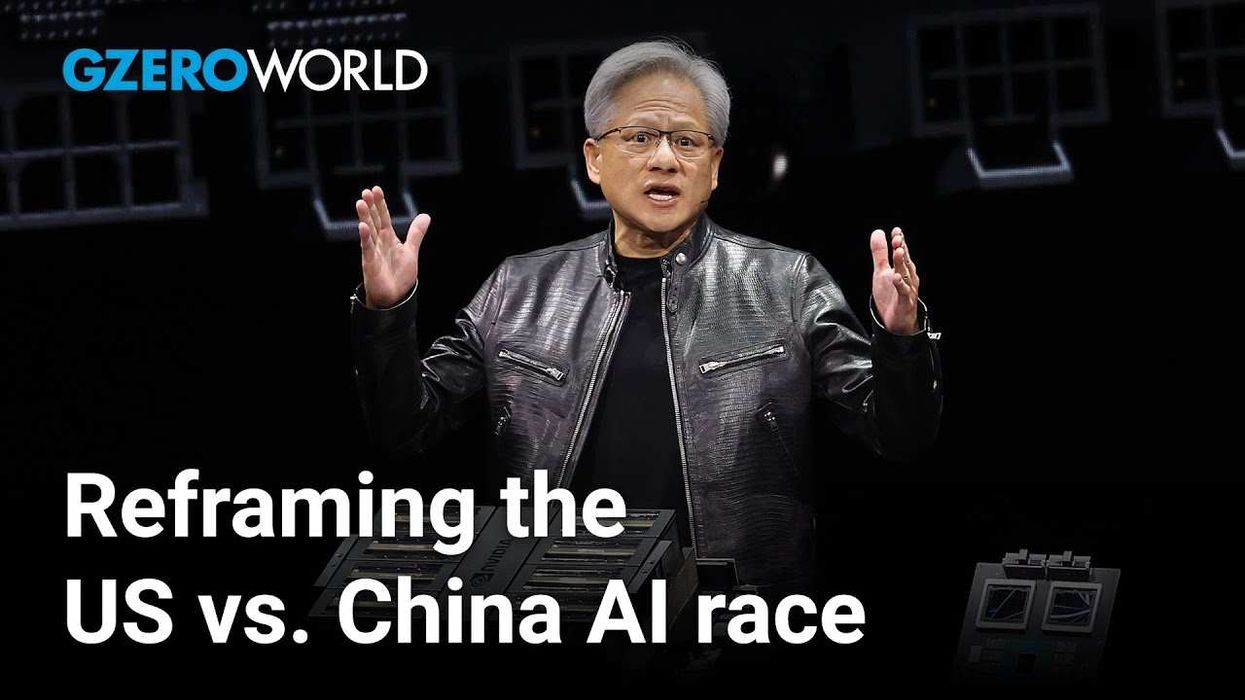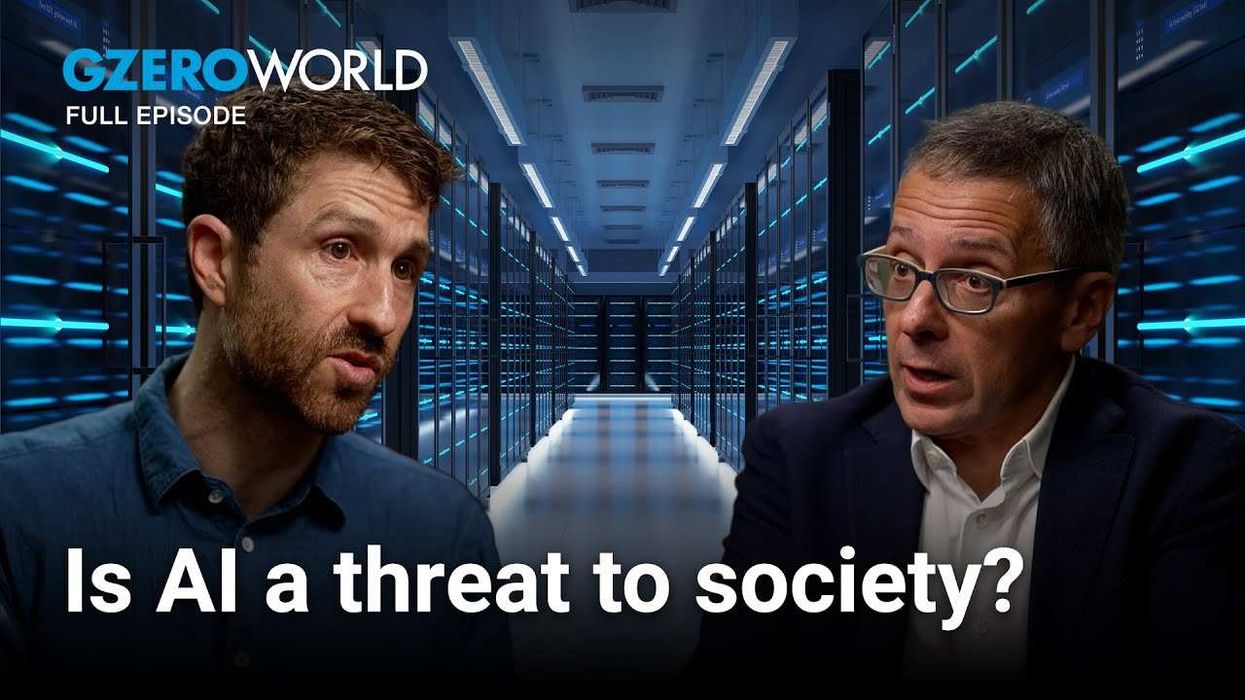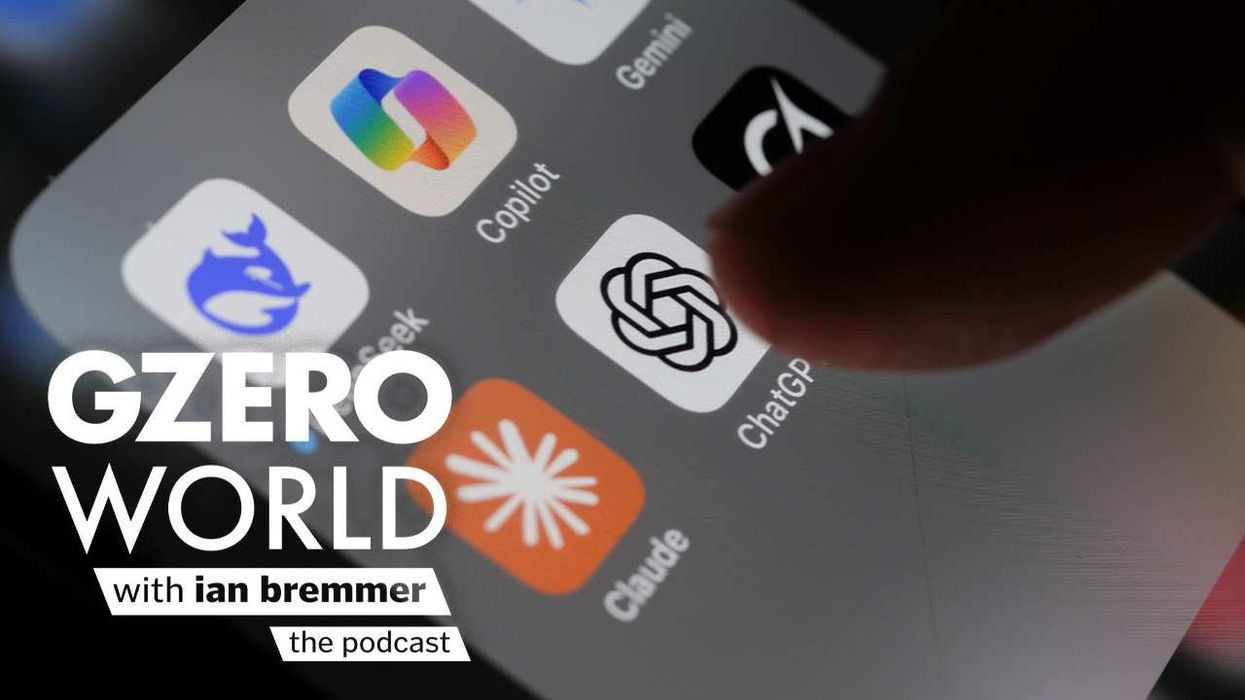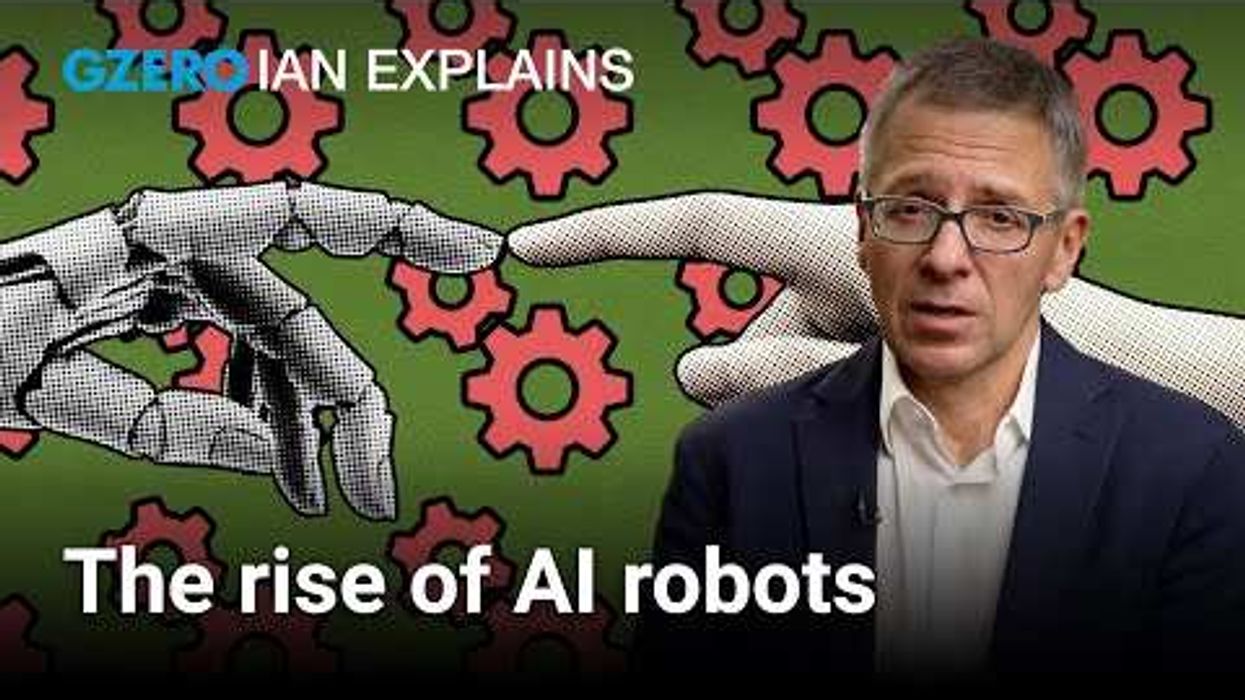I wanted to talk about this unprecedented confluence of epidemiological crisis and lack of effective political response. And when I say that, I don't, of course, just mean the United States, though, that certainly is the big part of it. But it's also globally. And a few points I would make:
First of all, starting at home, clearly the first month of US communications domestically was abysmal in the sense that we had a cheerleader-in-chief who was giving great messages about how we had this all taken care of. It was contained. There was no problem. And the markets would rebound, and we should buy the dip. And of course, that is really not what the scientists were saying. It was not what the bureaucrats with real experience dealing with these kind of crises were saying. That's now changed. That's now changed dramatically.
Just over the course of the last few days: you have the administration recognizing that this is a crisis. And yes, sure, the occasional stupid tweet blaming Biden and blaming Obama, but the reality is they now are focused on: this is a crisis, we need to respond. And radical difference between Trump talking about the response to the crisis and Vice President Pence, who has been coherent and has been serious. And also, radical difference in terms of Steve Mnuchin, the Secretary of Treasury, who has been a divisive figure over the course of his tenure in the Trump administration. But his capacity to work closely, expeditiously, and well with a Speaker of the House, Nancy Pelosi, leading to a piece of legislation that initially looked like it was going to be in the small billions of dollars, now increasingly looking like a hot couple hundred billion coming out of Senate or more. A serious piece of stimulus that will pass expeditiously, that will help to ensure that those most disenfranchised will not fall off. Their ability to continue to have access to health care, have access to unemployment, be able to take care of their kids with schools closing. So many Americans were not a part of the economic boom over the last 10 plus years since the financial crisis, and this stimulus will make a difference for them.
Also makes me feel like the Americans are now taking seriously the crisis. The fact that we had this conference on Friday where the CEOs of the major corporations all stood up and said they would work together with the administration to ensure that people had access to tests. To provide more transparency on data around the coronavirus. Not all of it perfect. Certainly not all that ready today. And some of it exaggerated significantly by the president. But still: I've spoken to some of the CEOs that were on the stage, that they are now taking this seriously, deploying real resource. These are some of the most capable organizations in the world, and they're going to be working with the administration to respond to coronavirus.
So, I think between the political response, both nationally and at the local levels, as well as the private sector response, we are now in a different place on the curve to where we were a week ago. Also, to where the Europeans presently are. Because even though we wasted, say, four to six weeks, in terms of getting testing up to speed and ensuring resilience of American health care, when we knew about the Chinese virus that was growing and coming here, we haven't wasted the 10 days that we have ahead of where the Italians are right now in the crisis. That's important. Also, keep in mind, not only are we 10 days behind Italy in terms of the number of cases and deaths in the United States, but Italy is also a much smaller, more compact country. It's also a much older population. One of the oldest in the world. And as a consequence of that, the likelihood that the United States ends up with a similar kind of experience with coronavirus is pretty low. That doesn't mean that we don't take this very seriously. Certainly, all of the closings right now of the schools and of the restaurants and the entertainment and the sporting industry, everything, that is a big part of the reason why I feel more optimistic today. But there's also some core demographic issues that matter. So that's where we are at home.
But internationally, it's a very different story and here I am much less comfortable that we are heading in the right direction. The United States is doing no leadership internationally in terms of response to coronavirus. It is America First. And in a global crisis that is a problem. You saw last week how the Trump administration put bans on travel to European countries. Did not talk to the European allies about that in advance. And the EU indeed condemned the statement from the American president. These are our closest allies. You certainly don't want to see that in a crisis.
Big news about how the United States government was trying to work with German scientists to fund and get access to a vaccine for coronavirus themselves and not provide it to Germany. The story is vastly overblown and politicized, but it comes in an environment of already maximal mistrust between Trump and German Chancellor Angela Merkel or French President Emmanuel Macron. That's part of the problem is that you don't have the resilience of goodwill, the strength of the trans-Atlantic relationship to help ensure that these countries will work together. And so, as a consequence, additional fake news only weaponizes the politicization of these relationships. And will make it harder for the Americans to work with the Europeans going forward, make it harder for the Americans to get the Europeans do things we want to do.
This is particular important when we talk about China because while the United States is not trying to build its public diplomacy efforts internationally, the Chinese really are. And we see that with the Chinese government offering humanitarian aid, medical supplies to American allies like Italy, like Spain. Offering it to the Iraqis on the ground in the Middle East, to the Iranians.
I mean, when Jack Ma, the wealthiest man in China, offers five hundred thousand masks, they were masks and test kits he was offering, to the United States in a humanitarian effort, it is painful to see. It's painful in part because we need these masks, we need these test kits. We haven't got up to speed in producing those test kits for our own people. This is the world's most advanced economy, largest economy in the world. Can't get it done for its own people. Can't say "no" to Jack Ma from China.
And especially for a Chinese government that actually is responsible for covering up the initial explosion of this coronavirus is responsible for the suppression of data and information and the disciplining of the doctors that we're trying to bring information about coronavirus to the community to help save them. And the Chinese government not only wasn't aware, they were aware, and they actually suppressed it. That's the reason we got an explosion from China. That's the reason this all grew globally. And yet it's being so mishandled by the United States that actually the Chinese are gaining internationally on the back of their more effective later response, both domestically and internationally. The Americans, like the Chinese, are responding effectively, but late to the coronavirus, but internationally, not at all. That's a very big difference. And it means that coming out of coronavirus, the global order is going to look a lot different than it did before. That's maybe what we should be spending the most time thinking about right now. So, anyway, I'll be back with you all, I'm sure soon. Please be safe. Stay watching us. GZERO Media, Eurasia Group. Tell all of your friends. Talk to you soon.



















